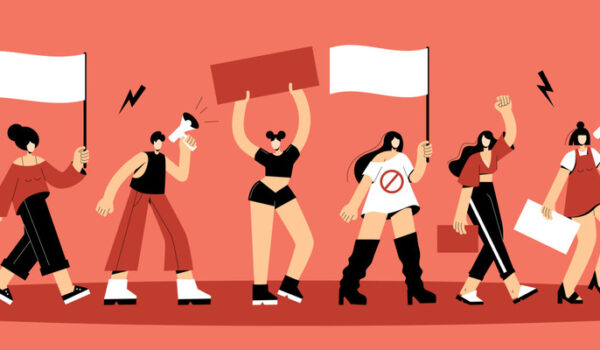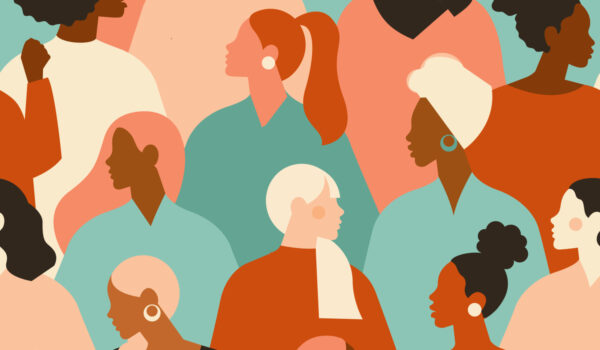Hip-hop and rap music is perhaps one of the most prominent and well-known parts of black culture. Artists such as Tupac and Biggie Smalls paved the way for this genre of music; their lyrics about the struggles and issues that marginalized people face in the United States started a movement that moved rappers to break from the mold and become more conscious with their music overall. In turn, this gave black children many black role models they could look up to. Hip-hop culture has then gone on to shape and influence the latest generations.
Black culture also had a huge impact on other genres of music outside of rap. Historically, black culture was extremely influential in the genres of gospel, blues, country, jazz, and much more. Many argue that black artists started these genres themselves. In their early forms, these genres that black communities pioneered gave us many musical legends, such as Stevie Wonder and the Jackson 5.
Across the Atlantic Ocean, black communities are still making strides within the smaller music industry in the UK. Although it is less globally influential than American/ Canadian artists, UK rap is still very important to younger generations. Many artists are conscious with their music, touching on the struggles of their community and the political climate in the UK.
Generation Z has been observed to be extremely engaged with music. It has been found that over 62% of Gen Z streams music on Spotify or Apple Music for four hours a day on average. Because of this and the influence that black culture has on the music industry, Gen Z as a whole has been led to embrace black culture more.
Conversely, those on the corporate side of the music industry, are much less accepting of black culture, with 63% of black artists facing some sort of racism or barriers because of their backgrounds. This issue is so prevalent that it has led many new black artists to go the independent route, opting out of the obstacles that would come from prejudiced record labels. Other than the major record labels, however, there are many black-owned labels that are much more welcoming and accepting of black artists
All in all, despite black culture having an immense influence on the music industry, it is still not the predominant culture in the music industry. Only three black artists hitting the top 20 on the American Billboard Hot 100 and only 24% of Grammy nominees have been black in the entirety of its 63 year history. It seems that there is still a long way to go before the music industry can be fully accepting of black culture.









Comments